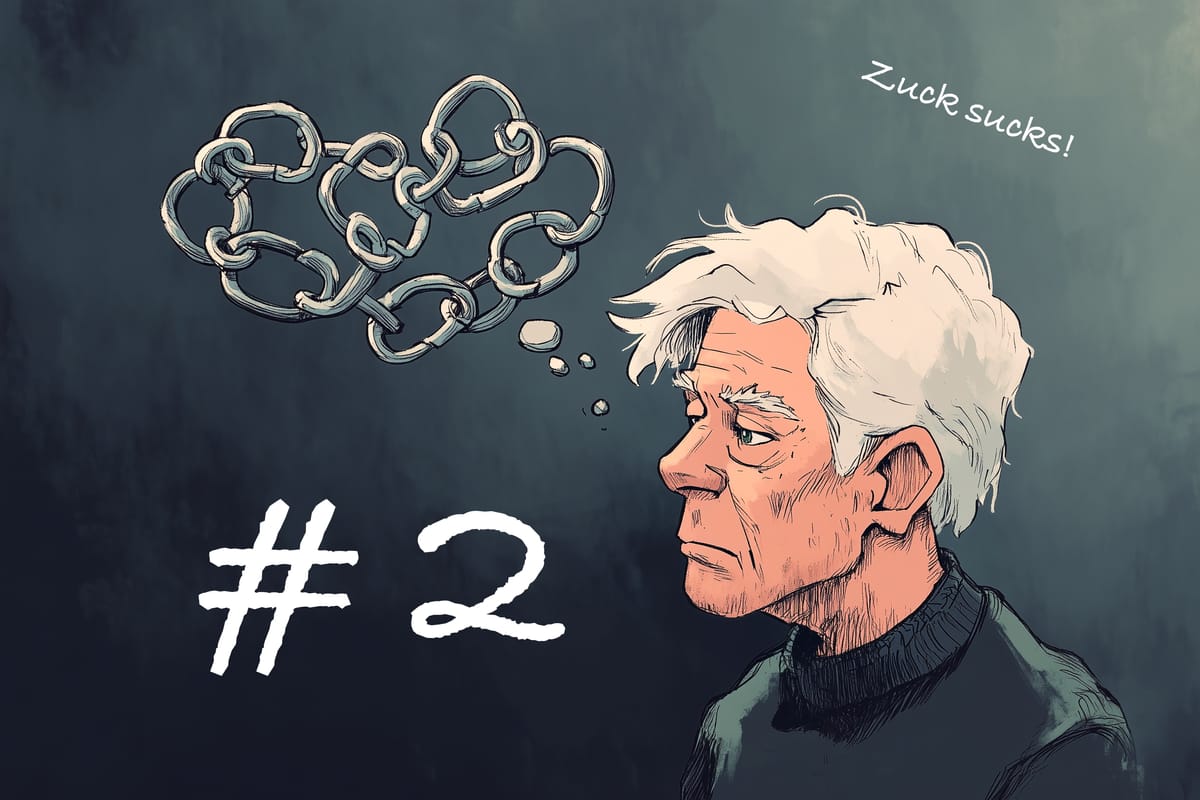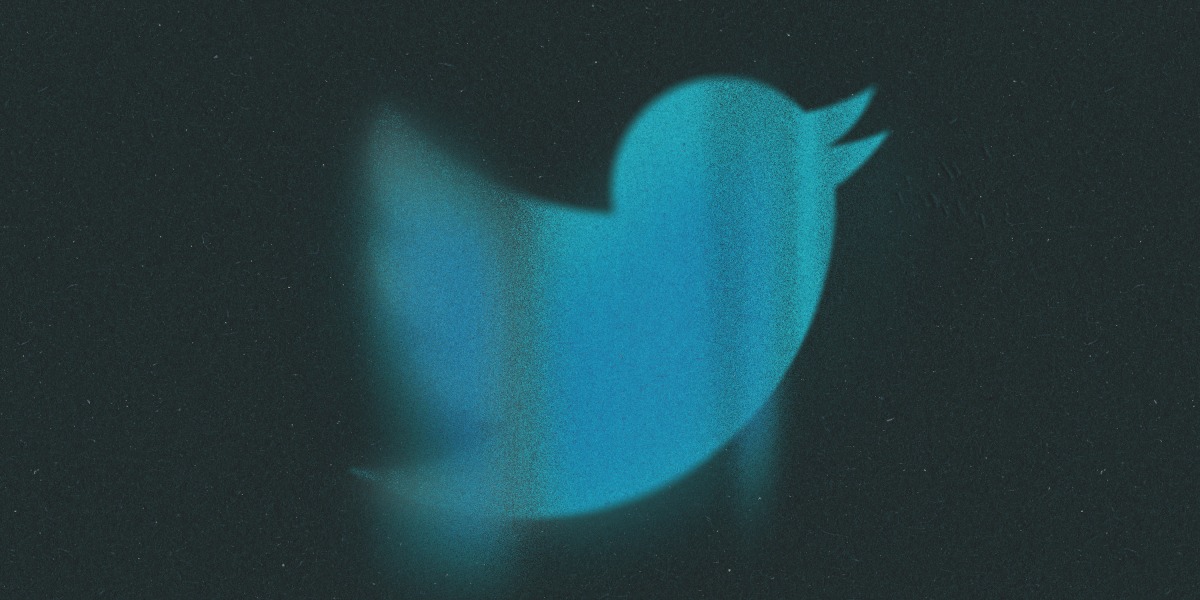Missing Links & Unfinished Thoughts #2: An Ugly Truth or Two
More interesting links and thoughts culled from my horrible unfinished draft post habit.

Number of drafts remaining: 100
Age of oldest remaining draft: 9 years
An Ugly Truth about Facebook
John Naughton's review of the new book An Ugly Truth makes for compelling reading:
One of the book’s striking revelations is that there is more anxiety inside the company than we realised. Many Facebook employees have been anguished, frustrated or angry about what their employer has been doing in its relentless quest for growth. Some have tried to alert their superiors to their concerns. But time and again the bad news hasn’t persuaded those bosses because they didn’t sync with the overriding imperative of endless corporate growth.
And Naughton extracts the key problem with company with forensic precision:
So the “ugly truth” about Facebook is that it’s an immensely powerful corporation with a toxic business model, led by an autocratic founder who is hell-bent on world domination. A prominent critic of the company once observed that “the problem of Facebook is Facebook”. Wrong. The problem of Facebook is Zuckerberg. And the question posed by this splendid book is: what are we going to do about him?
You can pick up a copy of this splendid-sounding book from Bookshop.org, Amazon or Apple Books.
1. I have owned this book for three years
2. I have not yet read it
3. Nothing much has changed about Zuckerberg, has it?
The Independence Myth
I can begin by repeating a common refrain here: there is no such thing as independent media; there are only different kinds of dependence. If your financial security is derived from the approval of others, you are not independent.
You serve whomever pays the bills. The only question is the degree to which you allow them to influence your work.
Let's laugh at influencers some more…
Or is it Disney we're laughing at here?

Oh, hey, I can actually use this information shortly
It's really clear that, far more than TikTok, the younger generation increasingly live in messaging apps. Where the audience are, we must follow.

Escaping the tech traps
This is a lovely piece, which I'd completely forgotten about and am delighted to rediscover. The core of it is that, by engaging with platforms, we help validate them. And we really can walk away if we choose.

Time Capsule: a bad Twitter prediction
In the weeks and months after Musk took over Twitter and fired most of the workforce, there was an assumption that eventually, the service would have a catastrophic failure.
That never happened.
Sure, there was some instability and reliability issues, but the assumption that they'd fired too many people to be able to keep it running wasn't the case.
One of the interesting things about doing this exercise is seeing the old articles I was going to link to, but which proved wrong with hindsight. We don't do nearly enough following-up on things like this. It's surprisingly interesting to do so.








